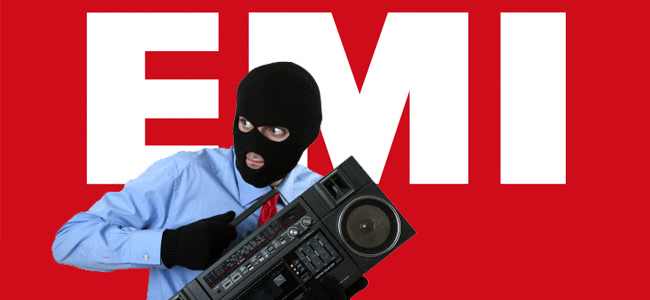As Tone Deaf reported last month, Tame Impala frontman Kevin Parker recently received something interesting in his inbox – an email allegedly sent by Sam Culley, a member of the ’70s funk group Skull Snaps.
According to the email, Culley is deeply upset with Parker, accusing him of using a sample of Skull Snaps’ song ‘It’s A New Day’ on his track ‘Eventually’ from Tame Impala’s latest album, Currents, without permission.
While Parker originally thought that the email could be a hoax, it soon became apparent that it was indeed legitimate and that, according to his email, Culley intends to pursue legal action against Parker.
It’s not the first time that an artist has been threatened with legal action over an uncleared sample. However, in Parker’s case, the Tame Impala chief insists the “sample” Culley hears is in fact his own drumming.
There are many famous cases of artists being taken to court over allegedly stolen samples, but label giant EMI has now offered to give artists a helping hand by announcing an unprecedented sample amnesty.
As The Guardian reports, from 1st September, any artist who has used a sample from the company’s EMI Production Music division, the library music arm that controls composition rights and a vast sound library, will receive a six-month amnesty.
Basically, artists who have used samples from the EMI Production Music division can step forward and hold their hands up. Sony/ATV will then pursue a licensing deal at current market rates for future exploitation of the works.
However, what’s most crucial about the amnesty is that the label will not be seeking retrospective royalties for past sales or exploitations, no matter how many years back they might stretch.
It’s a pretty refreshing initiative to see coming from a major label. The music industry, and publishing in particular, have often been accused of being slow to adapt to new trends and evolutions.
“I was thinking about how electronic music and sampling had been around for over 30 years,” Alex Black, EMI Production Music’s global director, told The Guardian about the origins of the amnesty.
“Everyone you meet in that sampling and record production community loves the KPM series. They’d tell me they have albums from the catalogue and have used a cheeky sample here or there. It was born out of that.”
The KPM catalog is the jewel in EMI Production Music’s crown, serving as the source for samples by everyone from Jay-Z and Jurassic 5, to Fatboy Slim and Gorillaz, in some cases for these artist’s biggest hits.
[include_post id=”444530″]
However, catching samples can be difficult and time-consuming, particularly as there are so many avenues to release music these days. Instead of pursuing mass litigation, Sony/ATV are trying a different tactic.
“It would be good for everyone if we ran an amnesty to allow people to come forward and clear those samples without the fear of financial penalties for past royalties,” Black explains.
Of course, it’s important to note that this is not exactly a panacea for sample licensing. The amnesty only covers EMI Production Music, since the licensing process can be approved in one deal and doesn’t extend to the rest of Sony/ATV’s publishing catalogue.
Rest assured, if you decide to sample from the rest of Sony/ATV’s publishing catalogue and don’t pursue the proper clearing, legal action will almost certainly follow.




































